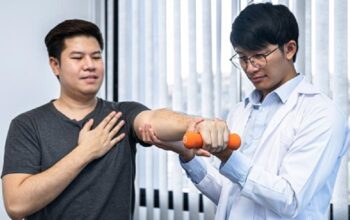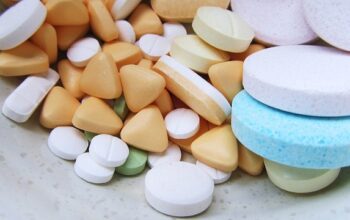Dengue fever is certainly a common disease in tropical countries such as Malaysia. Beside Malaysia as one of the countries in the Southeast Asian region that have dengue cases, other countries such as in Africa and part of the America also have dengue cases. In Malaysia, dengue tends to peak around May to September during the dry southwest and November to March of rainy northeast monsoon seasons. This year, which is 2023, is predicted to be the peak of a major outbreak for dengue fever.
Do you know that 80{23964f9fbfd1c4fba291e8c0b43d61a6bc7e9e00fb9015afcc2a49cc1d2d5459} of the people infected by dengue do not have any symptoms or only have mild infections? Common symptoms include high-grade fever for more than 2 to 7 days and other accompanying symptoms such as headaches with pain behind the eyes (retro orbital headache), joint pain (arthralgia), muscle pain (myalgia) and skin rash. Treatment for dengue fever aims to support patients but in no means to eliminate the dengue virus from the body as there is no cure for dengue fever. Treatment such as fluid replacement therapy are the common treatment given for patients with dengue infection. Medicine such as paracetamol do help to relieve symptoms such as fever, headache and muscle or joint pain.
However, treatment alone is not enough to help patients recover quickly. Thus, food and drinks can help patients to get better fast and to help build their body immunity to fight against the disease. It is worth noting that most dengue fever is mild and can go away on its own thanks to the body immune response. However, some people may actually have weak immune systems and be unable to completely fight the virus such as the elderly and young children. This is why it is best to get checked for dengue infection when there are symptoms despite the person’s immune status.
As mentioned previously, food and drinks can help patients to recover fast. In order to promote speedy healing and build strong immunity, a mindful healthy diet plays a big role in the recovery process. It is true that patients need to get adequate rest and drink plenty of fluid to recover but let us not forget the power of food. Here are examples of food that is recommended for dengue fever patients:
1) Papaya- Best to get papaya leaf juice or extract. This fruit helps to stimulate production of platelets and increase platelet counts.
2) Fatty fish- Fatty fish such as salmon, tuna and sardine have high amounts of protein that can aid with building the body’s immune system. It is also high in vitamin B12.
3) Fruits packed with vitamin C- Vitamin C helps to boost the immune system. Fruits such as oranges, kiwi, strawberry and pomegranate are among fruits high in vitamin C.
4) Seafood- Oyster and crab can provide zinc that is important for the body immunity function.
5) Coconut water- This refreshing drink provides essential minerals and electrolyte that helps to prevent dehydration. Best to drink it fresh and with its chewy fleshy coconut meat.
6) Banana- A good source of nutrients and helps in maintaining a balanced diet. Contain high potassium and vitamins to boost immunity.
7) Soup- Soup made with protein and vegetables can make a great meal. It is also easier to have, especially on days when there is no appetite. Best to make it from scratch rather than buying ready-made or instant one.
8) Herbal tea- This drink can provide some sense of comfort and have soothing properties. Tea with ginger or cinnamon can help boost the immune system.
Beside foods that are recommended, there are foods that should be avoided. This includes caffeinated beverages, oily and spicy food. These kinds of foods can aggravate the infection and may lead to other health issues. These foods also may cause dehydration easily. Although the recommended food is good for patients with dengue infection, it is advisable to take in moderate amounts. If a patient wants to take a high amount, they should talk with their doctor first. This is important to prevent other possible medical issues that could arise from eating too much of specific food. Remember, food may not have immediate effect and may take days before there are any changes. Hence, consistency is the key.
In essence, there are many foods that are delicious and still taste good. Food should be prepared accordingly. For example, before eating fruits, make sure to wash it clean and ensure it is fresh. Food that needs to be cooked such as soup needs to be prepared with proper hygiene. This is to avoid further infections from food on top of the already existing dengue infection. If a patient decides to take supplements to boost their health, the patient should discuss with their doctor first. Any question or enquiries relating to diet for patients with dengue can be addressed to doctors, nutritionist or dietician.





